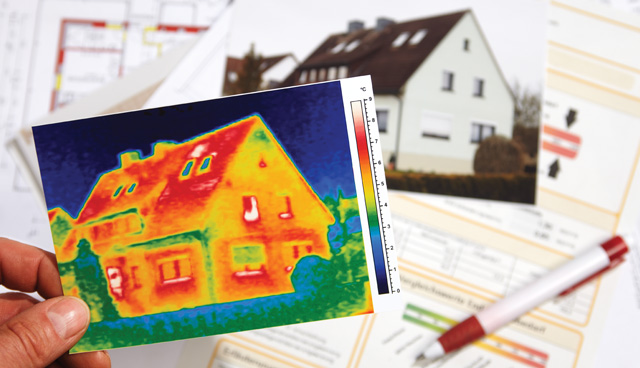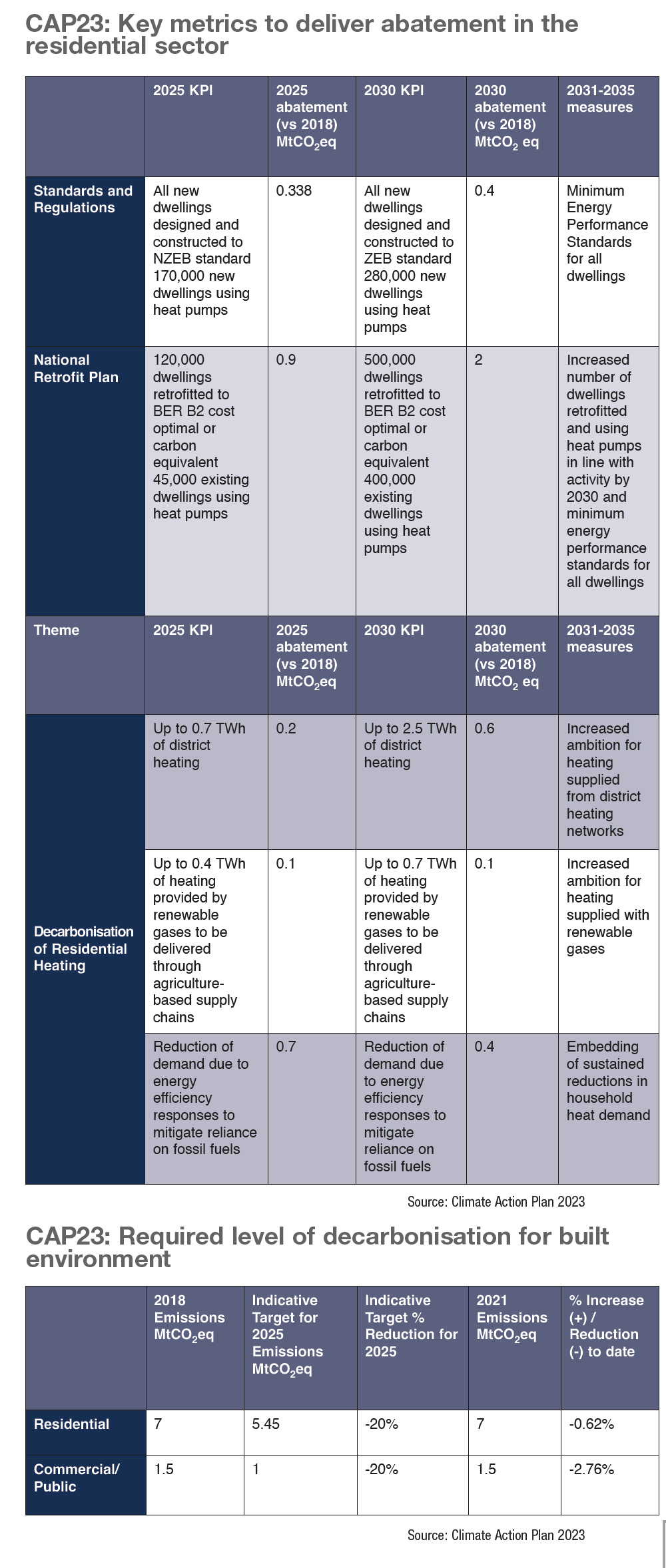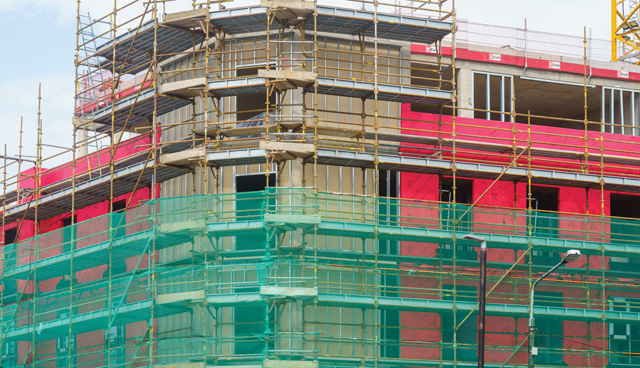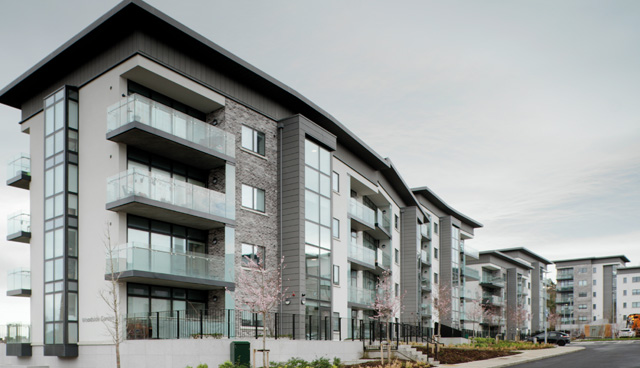
LOETB: Providing construction skills with currency in existing and future labour markets
18th July 2023
Collateral warranties: Understanding their importance and implications
18th July 2023Decarbonising residential heat: Housing and CAP23

Emitting over 10 per cent of Ireland’s greenhouse gas emissions, the decarbonisation of residential buildings is a major focus of Climate Action Plan 2023 (CAP23).
While greenhouse gas emissions from Ireland’s built environment sector are decreasing (down from 13.6 per cent in 2020 to 13.3 per cent in 2021), emissions from housing had risen by over 2 per cent between 2012 to 2020.
Between 2005 to 2015, greenhouse gas emissions in Ireland’s residential sector fell by 13.75 per cent, largely attributed to the introduction of significant improvements in the building regulations that commenced in 2006, improved efficiency through retrofit, the adoption of new low-carbon technologies and fuel switching.
In the context of fossil fuels still being used as a heat source in 73 per cent of dwellings in Ireland, both the post-recession economic boom and the implications of Covid-19 lockdowns have been identified as causes of rising emissions in the housing sector.
implications of Covid-19 lockdowns have been identified as causes of rising emissions in the housing sector.
CAP23, the plan which implements the carbon budgets and sectoral emissions ceilings, encompasses an overall built environment emission ceiling of 36 MtCO2eq for 2021-2025 and 28 MtCO2eq for 2026-2030.
For the residential sector, an indicative 20 per cent reduction target has been set for 2025. Currently, the residential sector emits 7 MtCO2eq annually, and the emission ceiling to 2025 is set at 29 MtCO2eq. Beyond 2025 the sectoral carbon budget to 2030 will reduce to 23 MtCO2eq.
The Government’s ambitious targets for greenhouse gas emissions in the residential sector recognise the need to significantly and urgently reduce the use of fossil fuels for heating, and subsequently expand retrofit activity. Importantly, the Government has already stated its intention to ensure all buildings are switched to heat pumps of district heating by 2050.
The introduction of the 2019 NZEB regulations have seen a dramatic shift to the point where heat pumps are now used in 84 per cent of new dwellings. It is expected that by the end of 2023, fossil fuels will be completely replaced by renewable energy heat pumps as the main heating system in new residential buildings.
However, new buildings alone will not address the high level of greenhouse gas emissions from the housing sector, and so, CAP23 targets 120,000 residential retrofits, including 45,000 heat pumps by 2025.
A large part of incentivising the uptake of renewable heat technology will be the forthcoming Renewable Heat Obligation. Currently, SEAI’s residential and community energy efficiency upgrade schemes support domestic heat users to increase the energy efficiency of Ireland’s housing stock, however, the introduction of an obligation on the heat sector to include renewable heat by 2024 will play a significant role in decarbonisation.
The National Retrofit Plan, published in February 2022, sets out how the Government will deliver on the target of retrofitting the equivalent of 500,000 homes to a BER of B2/cost-optimal and installing 400,000 heat pumps by the end of 2030.
Included in the plan’s launch was a new package of SEAI retrofit supports ranging from a new National Home Energy Upgrade Scheme, a new network of One Stop Shops, expanded delivery of the Warmer Homes Scheme, and a special enhanced grant for attic and cavity wall insulation for all households.
Alongside electrified heat pumps, CAP23 also outlines a much greater role for district heating in the residential sector, with an estimated 2.5 TWh of district heating needed by 2030.
Following on from the findings of the National Heat Study, which said that district heating could provide as much as 50 per cent of building heat demand in Ireland, the Government has said that by 2025 it will publish a new National Policy Statement on Heat to guide the response to the National Heat Study across all sectors.
Finally, a further target set out in CAP23 for the residential sector is the development of appropriate policies and safeguards to develop a supply of renewable gas to decarbonise heating. In December 2021, Minister for the Environment, Climate and Communications, Eamon Ryan TD, published a draft Policy Statement on Geothermal Energy for a Circular Economy, and the policy is expected to be finalised in 2023, assisting a target set in CAP23 of 0.4 TWh for 2025, rising to 0.7 TWh in 2030.






